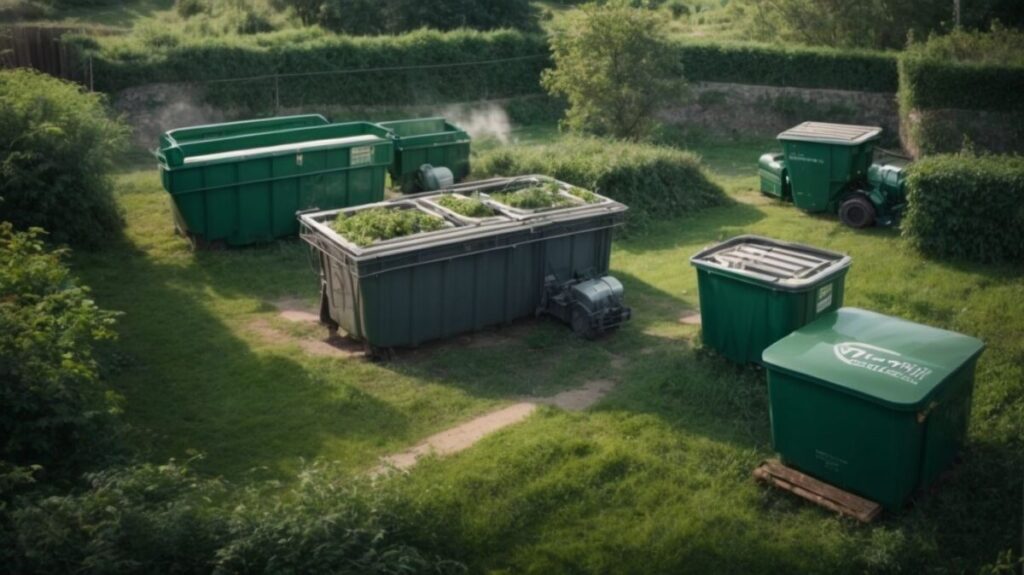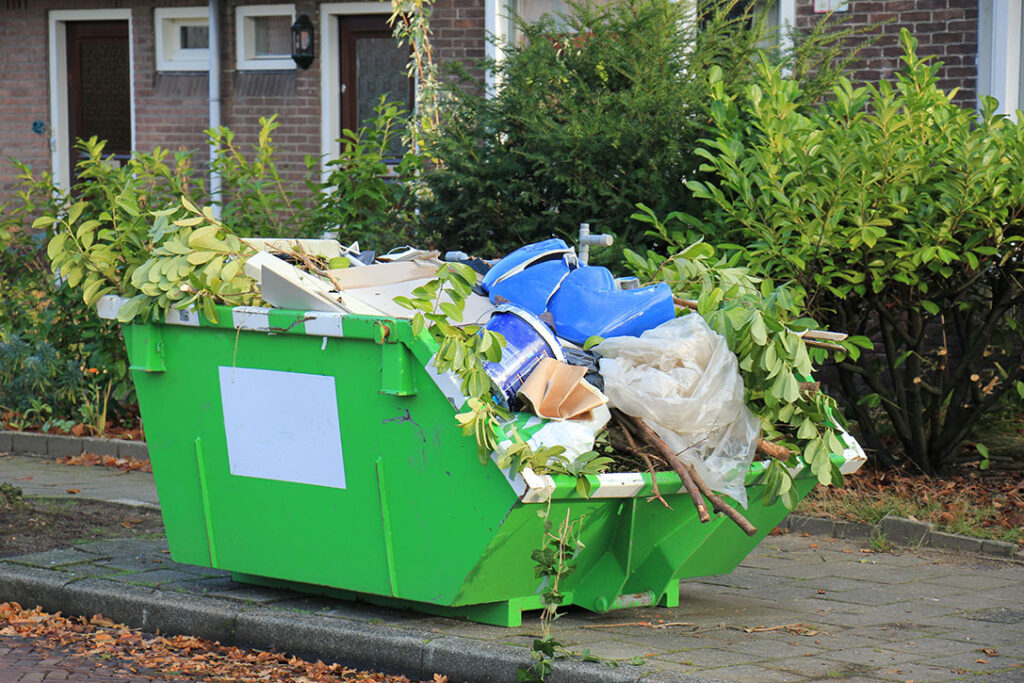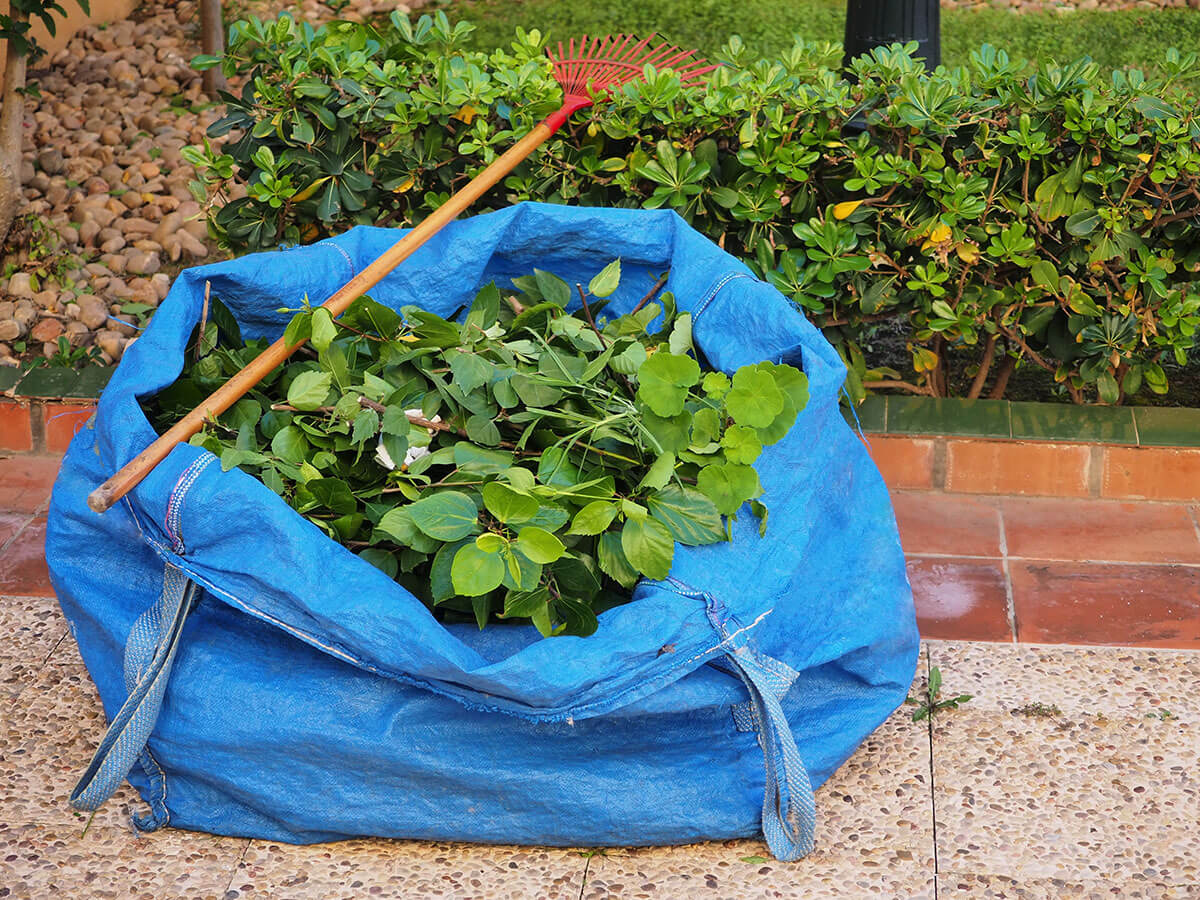In today’s environmentally conscious world, the importance of managing waste responsibly has never been greater. Among various waste types, green waste—comprising plant materials such as grass clippings, leaves, branches, and food scraps—plays a significant role in sustainable waste management. Proper green waste removal is essential not just for aesthetic reasons, but also for the overall health of our environment. In this article, we will delve into why green waste removal is crucial, share practical tips, and highlight best practices to help you contribute positively to your surroundings.
Understanding Green Waste
Before we explore the importance of green waste removal, let’s clarify what green waste is. Green waste primarily includes organic material that comes from gardens, landscaping, and kitchens. This waste can either be composted to enrich soil or disposed of properly to prevent environmental degradation. When managed effectively, green waste can be transformed into valuable resources rather than being sent to landfills.
See Also: DIY vs. Professional Stump Removal
The Importance of Green Waste Removal
Environmental Benefits
One of the most compelling reasons for green waste removal is its significant impact on the environment. When organic materials decompose in landfills, they produce methane, a potent greenhouse gas that contributes to climate change. By ensuring proper disposal through green waste removal, we can mitigate these emissions and help combat global warming.

Soil Health Improvement
Green waste, when composted, enhances soil quality. Compost is rich in nutrients and helps retain moisture, reducing the need for chemical fertilizers. Regular green waste removal ensures that organic materials are processed efficiently, leading to healthier soils that support plant growth.
Biodiversity Support
Effective green waste removal can foster biodiversity in local ecosystems. By recycling organic waste, you contribute to the nutrient cycle, which benefits a range of organisms, from microorganisms in the soil to larger wildlife that depends on healthy vegetation.
Aesthetic Appeal
Aside from the environmental benefits, removing green waste also enhances the aesthetic value of your property. Unmanaged waste can lead to overgrown gardens and attract pests, while a well-maintained yard not only looks good but also contributes to the overall beauty of the community.
Tips for Effective Green Waste Removal
Now that we understand the importance of green waste removal, let’s explore some practical tips to make this process more effective and efficient.
1. Regular Maintenance
One of the simplest ways to manage green waste is through regular maintenance of your garden and landscaping. Schedule regular times to trim plants, mow the lawn, and clear away any fallen leaves or branches. This routine not only prevents a build-up of waste but also makes the removal process much more manageable.
2. Composting
Composting is an excellent way to handle green waste sustainably. By setting up a compost bin, you can transform kitchen scraps and garden waste into nutrient-rich compost for your garden. This not only reduces the amount of waste sent to landfills but also provides a natural fertilizer for your plants.
3. Using a Green Waste Bin
Many local councils provide green waste bins for residents to dispose of their organic waste easily. Utilizing these services ensures that your green waste is collected and processed properly. Be sure to check the guidelines for what can and cannot go in these bins, as contamination can spoil the entire batch.
4. Hiring Professional Services
If you find yourself overwhelmed by the amount of green waste generated, consider hiring a professional service. Many companies specialize in green waste removal and can help you manage your garden efficiently. To find a reputable service, search for “green waste removal near me” to connect with local providers that can meet your needs.
Best Practices for Green Waste Management
Implementing best practices in green waste management can optimize your efforts and enhance environmental benefits. Here are some essential strategies to consider:
1. Educate Yourself
Understanding the impact of green waste on the environment is vital. Stay informed about the benefits of proper disposal methods and the importance of reducing your waste footprint. Regularly reading articles and attending workshops on sustainability can empower you to make informed decisions.

2. Reduce Waste Generation
Minimize the amount of green waste you produce by carefully planning your landscaping. Choose native plants that require less maintenance and are adapted to the local environment. Additionally, consider using mulch in your garden to reduce weed growth and retain moisture, ultimately decreasing the amount of waste generated.
3. Engage the Community
Encouraging your neighbors to participate in green waste removal can amplify your efforts. Organize community clean-up days where residents can collectively manage their green waste. This not only builds camaraderie but also promotes a collective commitment to sustainability.
4. Advocate for Local Policies
Support local policies that promote green waste removal and sustainability initiatives. Many municipalities offer incentives for homeowners to participate in green waste programs. By advocating for these policies, you help create a more sustainable community.
Conclusion
Green waste removal is essential for maintaining a healthy environment and improving overall community well-being. By understanding its importance and adopting effective strategies, you can contribute to a cleaner, more sustainable world. Remember, every small effort counts, whether through regular maintenance, composting, or utilizing professional services. Embrace the opportunity to be part of a greener future, and don’t hesitate to search for “green waste removal near me” to find local services that can assist you in your efforts.
In summary, committing to green waste removal not only benefits you but also creates a ripple effect that positively impacts the environment and the community as a whole. Start today, and together we can cultivate a healthier planet for future generations.

